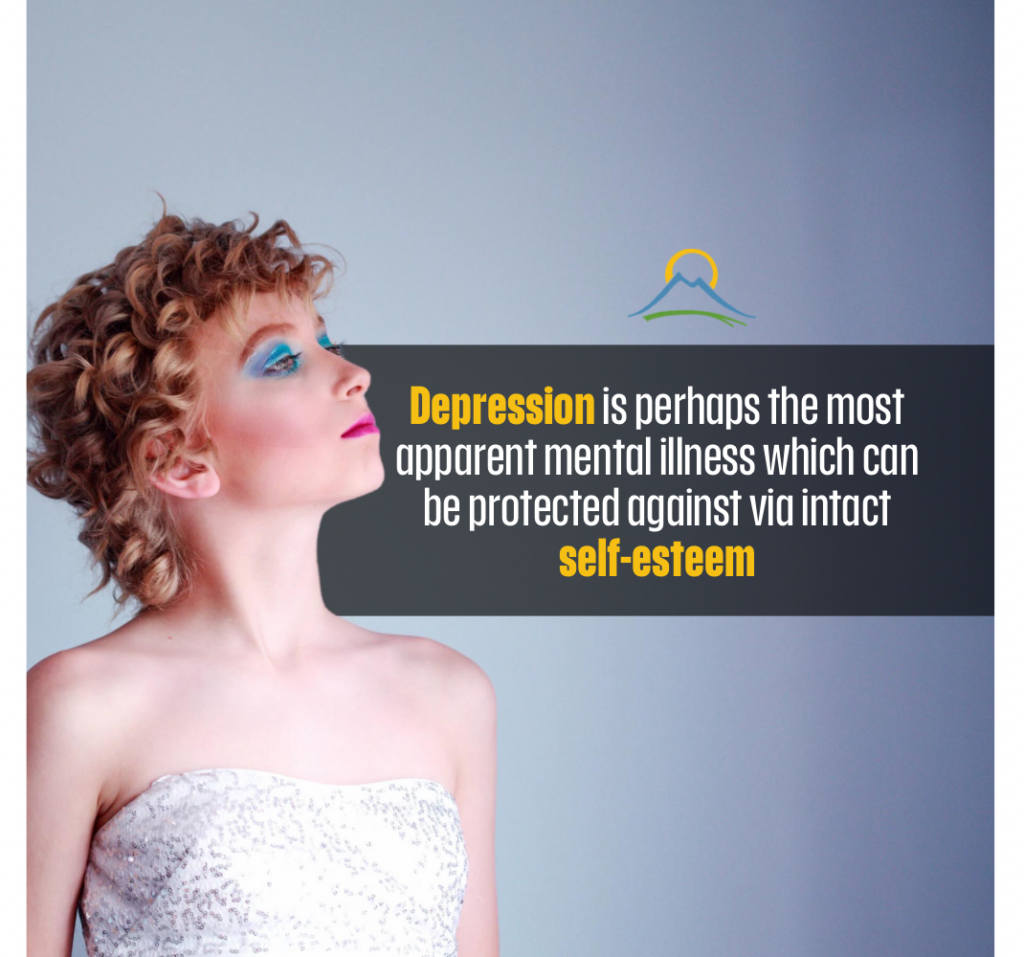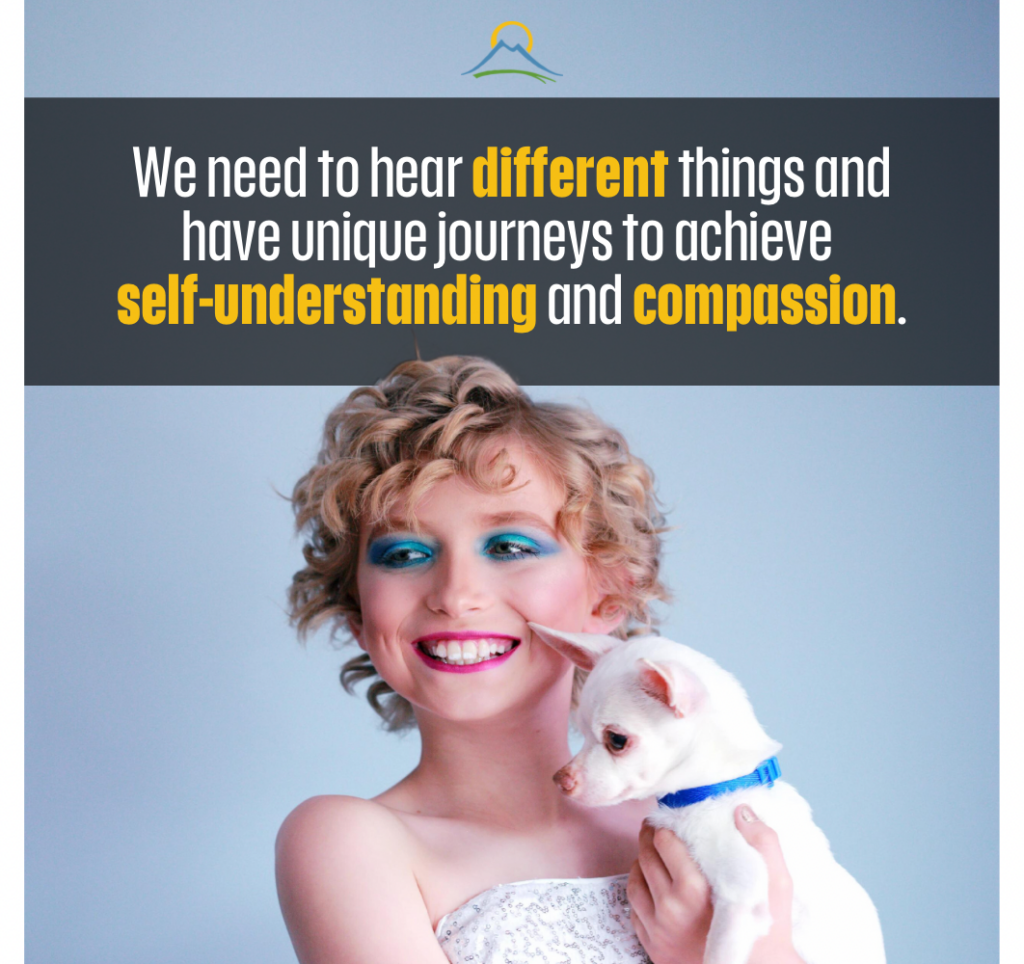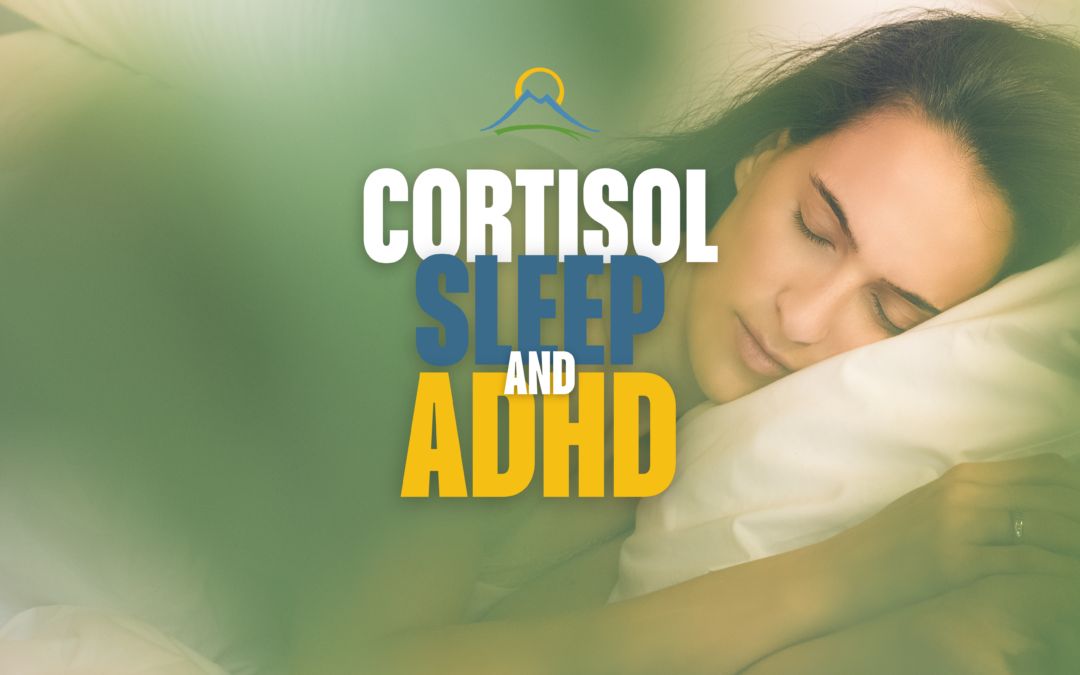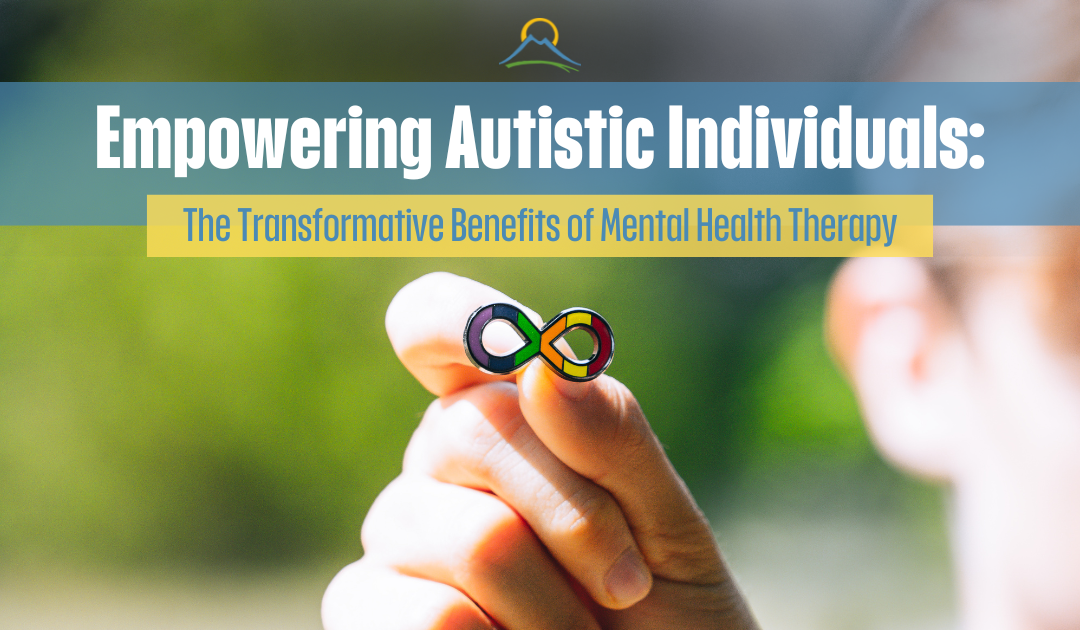Self-esteem is, in short, how the mind evaluates itself. There is no metric that can objectively determine a person’s self-esteem — the concept is inherently subjective. So how can we think about it? Well, as with many things in counseling and psychology, there is the “art” component of the field on one hand, and the “science” component on the other. Therapists live at the intersection of these worlds.
Why Self-Esteem Matters
Low self-esteem is a widespread problem. Estimates range as high as 85% incidence among the general population (Guttman, 2019). Low self-esteem has been cited as a cause of multiple mental illnesses, notably including depression (Gil & Kim, 2022; Hilbert et al., 2018). Major depressive disorder affects approximately 20% of people at some point in their lives (Moloud et al., 2022). Depression and its interaction with low self-esteem can ultimately lead to high stress, poor performance in difficult conditions (Moloud et al., 2022) and lower quality of life.

Conversely, high or “intact” self-esteem can serve as a protective factor against the development of mental illness. Depression is perhaps the most apparent mental illness which can be protected against via intact self-esteem (Hilbert et al., 2018). Given that low self-esteem can contribute to causing depression and intact self-esteem protects against it, improving self-esteem appears to be a sensible tack in the name of prevention and reparation to improve public mental health.
Unfortunately, low self-esteem is more prevalent among individuals who identify as LGBTQ+ (Bridge, Smith, & Rimes, 2019). LGBTQ+ individuals are also at a greater risk for developing mental illness in general, likely because of discrimination and stigma, minority stress, victimization and fear thereof, and other psychological risk factors (Bridge, Smith, & Rimes, 2019).
The Art of Self-Esteem
“The therapist must strive to create a new therapy for each client.”
–Irvin D. Yalom
Many of us have heard the same unhelpful adages repeated ad nauseam when we’re feeling down. “Get over it,” “believe in yourself,” “you can do it,” and plenty more. It’s far easier to say these things than to do or believe them – if we knew how to believe in ourselves, most of us would already be doing it!

This is where therapy enters the picture. Therapy is a complex process with some basis in rigid and evidence-based theories, but it is not limited by them. These time-worn adages have persisted in our culture because they attempt to be one size fits all, but in reality, we’re all different. We need to hear different things and have unique journeys to achieve self-understanding and compassion, and that can’t be replicated by a manual or a machine – not yet, at least.
Therapy is an art because it requires creativity, spontaneity, and at least two open minds. A therapist’s sense of how a client functions and what is important to them cannot be quantified.
The Science of Self-Esteem
The role of self-esteem in depression is a key negative pathway that receives research attention. Although the causal relationship is not definitive, it has been suggested that a model citing low self-esteem as a cause of depression, known as the vulnerability model, has greater predictive power than a model which instead considers depression as a cause of low self-esteem (Gil & Kim, 2022). Low self-esteem appears to be implicated in a wide variety of mental illness; this includes psychotic symptoms (van der Stouwe et al., 2021); ADHD (Shaikh, 2018); as well as depression and many more. Because of its role in mental illness, low self-esteem should be studied and processes to remedy it are beneficial to individuals both in terms of objective factors such as productivity and subjective experience of well-being.
The good news is, it appears that it is possible for self-esteem to be improved through group or individual counseling. As just one example, Kunikata, Yoshinaga, & Nakajima (2016) used cognitive-behavioral group therapy to improve self-esteem in individuals with mental illness and found significant improvements in self-esteem after 12 sessions, and improvements persisted over time, with participants also reporting less intense moods, reduction in certain cognitive biases, and improved subjective well-being after the intervention. Thematically similar results showing increased self-esteem following counseling have been found among clients with a range of presenting issues (e.g. van der Stouwe et al., 2021).
Conclusion
In short, low self-esteem is prevalent, is a cause of mental health disorders and lower subjective well-being, and that relationship is particularly salient among LGBTQ+ individuals. Intact self-esteem appears to be a protective factor against these issues. Self-esteem is changeable and has been changed among clients in a wide range of settings and treatment styles. Therefore, it is a valuable target for counseling.
References
- Bridge, L., Smith, P., & Rimes, K. A. (2019). Sexual orientation differences in the self-esteem of men and women: A systematic review and meta-analysis. Psychology of Sexual Orientation and Gender Diversity, 6(4), 433–446. https://doi-org.proxy.seattleu.edu/10.1037/sgd0000342.supp (Supplemental)
- Gil, M., & Kim, S.-S. (2022). Developmental trajectories of self-esteem, the related predictors, and depression: A growth mixture modeling approach. Journal of Affective Disorders, 311, 622–630. https://doi-org.proxy.seattleu.edu/10.1016/j.jad.2022.05.117
- Guttman, J. (2019). The relationship with yourself. Psychology Today. Retrieved August 5, 2022, from https://www.psychologytoday.com/us/blog/sustainable-life-satisfaction/201906/the-relationship-yourself
- Hilbert, S., Goerigk, S., Padberg, F., Nadjiri, A., Übleis, A., Jobst, A., Dewald-Kaufmann, J., Falkai, P., Bühner, M., Naumann, F., & Sarubin, N. (2019). The role of self-esteem in depression: A longitudinal study. Behavioural and Cognitive Psychotherapy, 47(2), 244–250. https://doi-org.proxy.seattleu.edu/10.1017/S1352465818000243
- Kunikata, H., Yoshinaga, N., & Nakajima, K. (2016). Effect of cognitive behavioral group therapy for recovery of self‐esteem on community‐living individuals with mental illness: Non‐randomized controlled trial. Psychiatry and Clinical Neurosciences, 70(10), 457–468. https://doi-org.proxy.seattleu.edu/10.1111/pcn.12418
- Moloud, R., Saeed, Y., Mahmonir, H., & Rasool, G. A. (2022). Cognitive-behavioral group therapy in major depressive disorder with focus on self-esteem and optimism: An interventional study. BMC Psychiatry, 22. https://doi-org.proxy.seattleu.edu/10.1186/s12888-022-03918-y
- Shaikh, A. (2018). Group therapy for improving self-esteem and social functioning of college students with ADHD. Journal of College Student Psychotherapy, 32(3), 220–241. https://doi-org.proxy.seattleu.edu/10.1080/87568225.2017.1388755
- van der Stouwe, E. C. D., Geraets, C. N. W., Rutgers, M., & Veling, W. (2021). Cognitive behavioral group treatment for low self-esteem in psychosis: A proof of concept study. BMC Psychiatry, 21. https://doi-org.proxy.seattleu.edu/10.1186/s12888-021-03579-3
- Yalom, I. D. (2017). The gift of therapy: An open letter to a new generation of therapists and their patients. Harper Perennial.









0 Comments